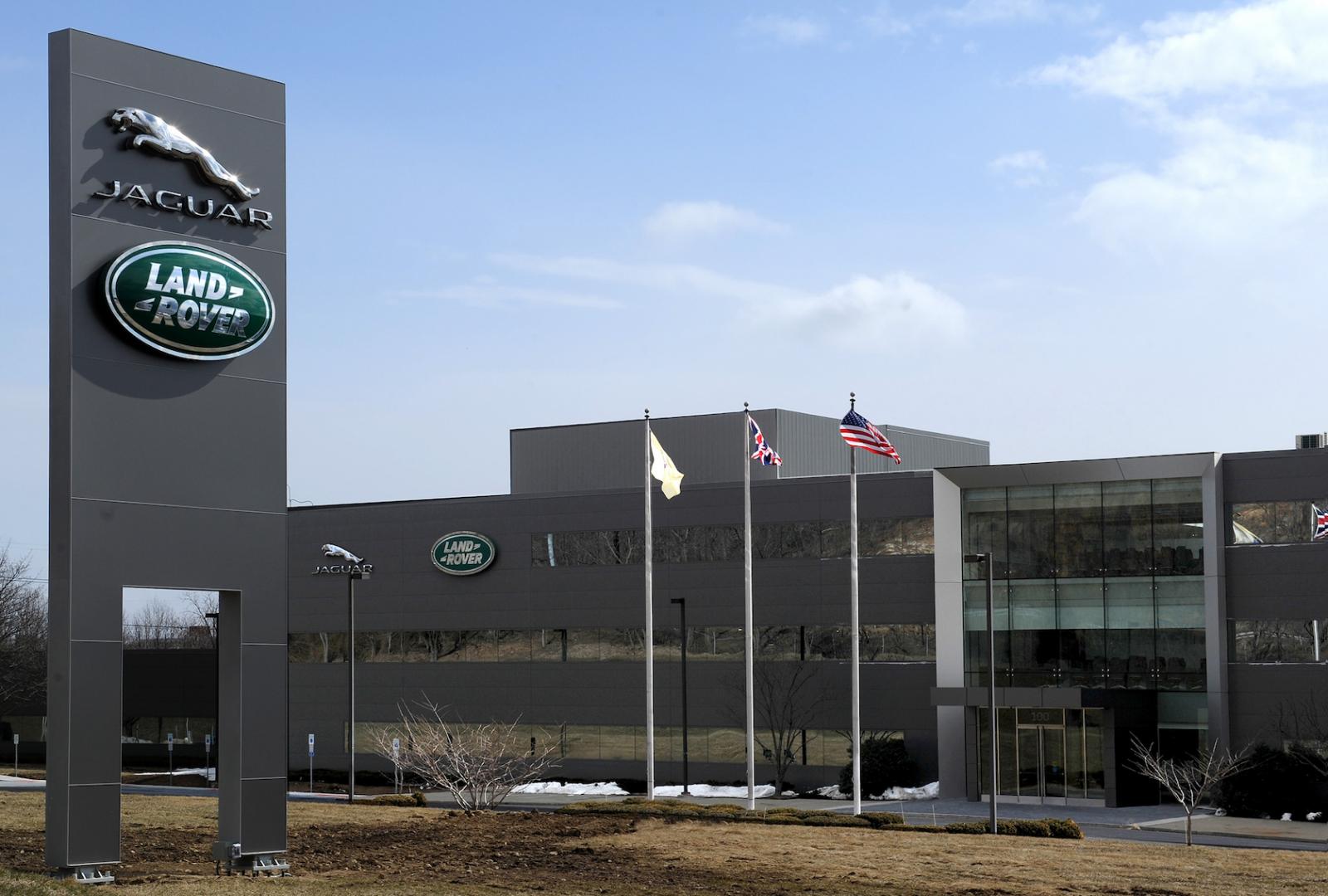At the end of August 2025, Jaguar Land Rover suffered a major cyber hack. On 31 August, or around that date, key IT systems were compromised, forcing JLR to shut down its global applications, including systems that manage parts supply, production scheduling, wholesale/vehicle transport & registration, and other internal digital infrastructure.
Because their operations are interconnected (manufacturing, suppliers, logistics, parts) and rely on just-in-time supply chains, the impacts were wide and damaging. Factories in the UK — Solihull, Halewood, Wolverhampton — plus sites abroad, were affected. Thousands of workers were instructed to stay home, and many production lines were shut down entirely.
It’s not fully confirmed who carried out the attack, although some reports point to hacking groups like Scattered Lapsus$ Hunters.
What JLR is doing to rectify the problem
To contain the problem, JLR proactively shut down affected systems to try to stop further spread or damage. Working with third-party cybersecurity specialists and law enforcement, they tried to assess which systems were compromised, and exactly whether any data was stolen.
In recent days, JLR has started to bring parts of their digital estate back online in a “controlled manner,” starting with systems that manage invoice processing, parts supply, vehicle wholesaling and registrations.
Since many of their suppliers (especially smaller ones) have been hit hard (unable to ship parts, get paid), JLR is prioritizing clearing the backlog of payments and keeping suppliers afloat. Manual processes have been used where automated systems are still down.
The UK government is involved as well, helping with financing and loan guarantees to support the supply chain and ensure JLR can resume production without catastrophic supplier collapse.
What losses have been sustained
Losses are significant, both direct and indirect, with estimates suggesting around £50 million per week while operations are halted. If the shutdown drags on into November or beyond, some analysts project revenue losses up to £1-2 billion or more, depending on how many weeks of production are lost. Small and medium companies in the supply chain are especially vulnerable, with layoffs and cash-flow pressure.
Remediation costs for forensic teams and IT and security upgrades will add up. Also, reputational risk, delayed deliveries, and possible penalties, await the company and surprisingly, JLR did not have cyber insurance for this hack.
Can they fix it? What are the prospects
Yes — but it won’t be quick or cheap, and there are risks. JLR is a large company, owned by Tata Motors, with substantial resources. Their last financials showed good profit and revenue, which means they have some buffer to absorb losses. They are also using experts and coordinating with authorities to restore operations in stages. The government has also been supportive with loan guarantees and subsidies to avoid cascading failures in the supply chain. But the longer the shutdown or disruption, the more permanent losses occur with lost orders, lost customers, suppliers going under, and employees losing income. Restoring the company to full production safely will take time as they not only have to bring systems back online, but ensure security is reinforced so the same attack can’t happen again.
CARLIST THOUGHTS
If everything goes reasonably well, JLR will gradually return to full production over the weeks. Some systems are already being restored; payments are being made; parts of the business are coming back. However, if disruptions persist or if the damage is more severe than anticipated, the financial losses will escalate. Some losses might be “irrecoverable” in the sense of lost market opportunities or damage to trust.
